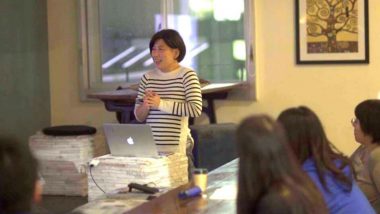“It was during my days as a practitioner, when I saw that there were patients who were having trouble communicating with their assigned doctors.”
Dr. Naoko Okada a medical doctor with an extensive background in both medical field as well as entrepreneurship also known for her nickname “Ocapie” is now tackling to provide the effective solution for medical professionals and patients.
“Often doctors may not have enough time for communicating fully with their patients and it causes stresses and conflicts for both patients and doctors during the process of healing.
I wanted to bridge that communication gap and prevent unnecessary collisions and misunderstandings so that patients could receive more satisfying medical cares.
In addition, the more cooperating a patient is, the shorter the consultation time will be, and the more satisfaction patient can experience also resulting to less financial cost to receive medical treatments. Certainly, AI could also provide an alternative role as a doctor.
However, I think that the role and importance of human interaction will not disappear even with such a technological shift.
Now that the entire world has access to the internet more than ever, It is my desire to establish a capacity of which I could interact with most relevant people and information from anywhere around the world. That is the thought process behind the beginning of my journey.”
In this series we sit with her as to learn what future lies ahead in the field of medical innovation and how she is gearing toward establishing the needed solution between doctors and patients.
***********************************************************************************************************************
-Thank you so much for joining us! Can you share with us the inspiration behind your initiative?
Dr. Naoko(N): During my days as a practitioner, I saw that there were patients who were having troubles communicating with their assigned doctors. During this time other doctors like me and others as well as nurses were trying to fill that hole.
On the other hand, while the issue was happening, I found myself assigned to patient I struggled to connect with and often times other staffs would cover for me in those scenarios.
By experiencing those situations from time to time I started to think, “I wonder what if there is a sort of a matching system/platform between patients and doctors.” Within our current industry where doctors get acquainted with patients online, if they live apart from each other there’s no chance for a patient to get examined by that particular doctor.
In recent years remote examination are getting popular, there for I believe that can fuel the potential of a platform that connects doctors and patients.
-What are your future plans?
After we establish the matching platform, I would like to work on building a medical device sensing human emotion that assists and promotes intercultural communication.
To build and establish a hospital facility where doctors from all over the world can gather and interact beyond differences of countries, cultures and disciplines.
Currently, I am working towards the establishment of my own clinic in Tokyo, Japan.
-Allowing more access for both medical professionals and patients sounds like a no brainer. What advice would you have for people moving forward?
The first thing would be, I would like people to get accustomed to overcoming the hurdles of meeting people they don’t know through online. This may be the most difficult part for most, because it means that you may need to get out of your comfort zone to achieve that.
When people see a doctor at hospitals, I want them to be more conscious of the guiding principle that is leading them to choose each of their doctors. And on top of that be aware of how they feel when choosing a doctor, whether they feel comfortable choosing that particular doctor or not, I would like people to be sensible of those feelings as to be able to choose doctors that they feel comfortable working with.
-How do you think that your initiative will make a huge difference in people’s life?
The main target of people we can make a difference for are those who feel that it is stressful to see a doctor. I would like people to have a resource that will allow them to interact with doctors as if they were to interact with their close friends.
The second criteria is doctors who are pressured to examine anybody they come across with.
In Japan there is a law, that prohibits refusal of medical examination, and if asked by whomever doctors must follow the conduct of examination. I think that we can reduce those stress and pressure that are caused on both parties if the system could focus more on the fundamental needs of patients.
How can our readers follow you on social media?
You can follow us from our homepage or Facebook.
Homepage: http://tsunagu-med.com/
Twitter: https://twitter.com/NaokoOkada3
Facebook: https://www.facebook.com/freegeka/



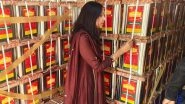


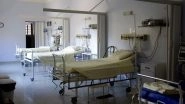

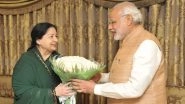
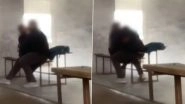
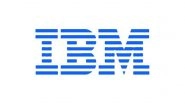
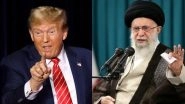

 Quickly
Quickly